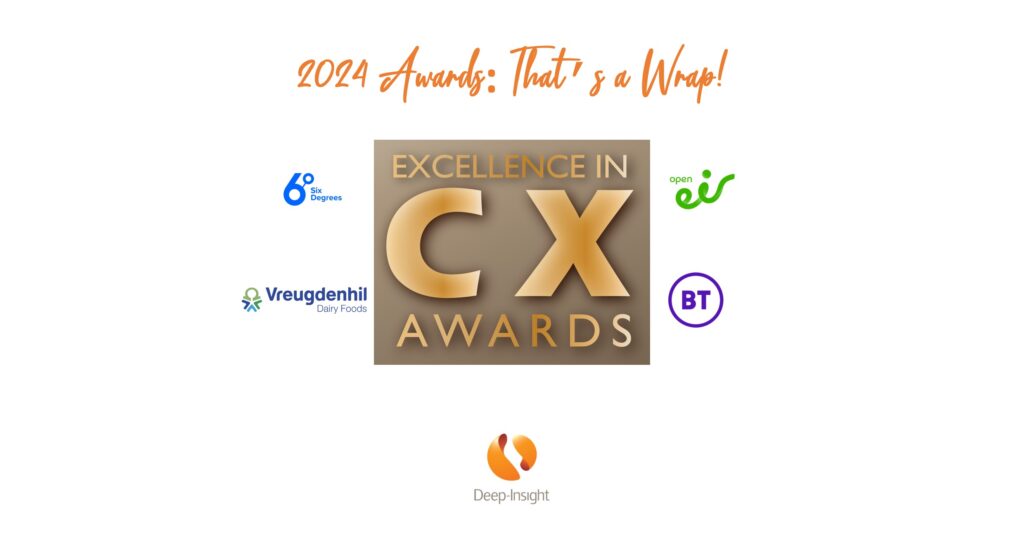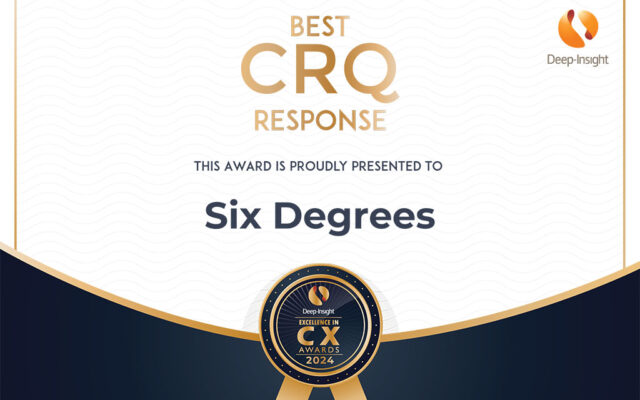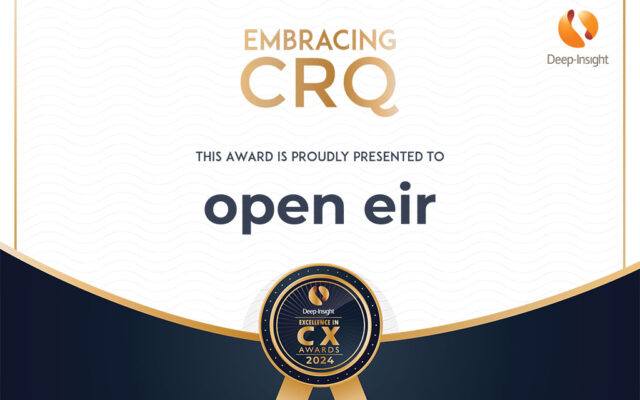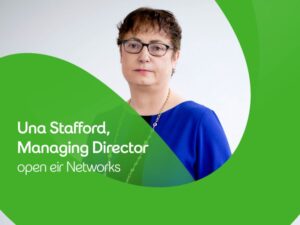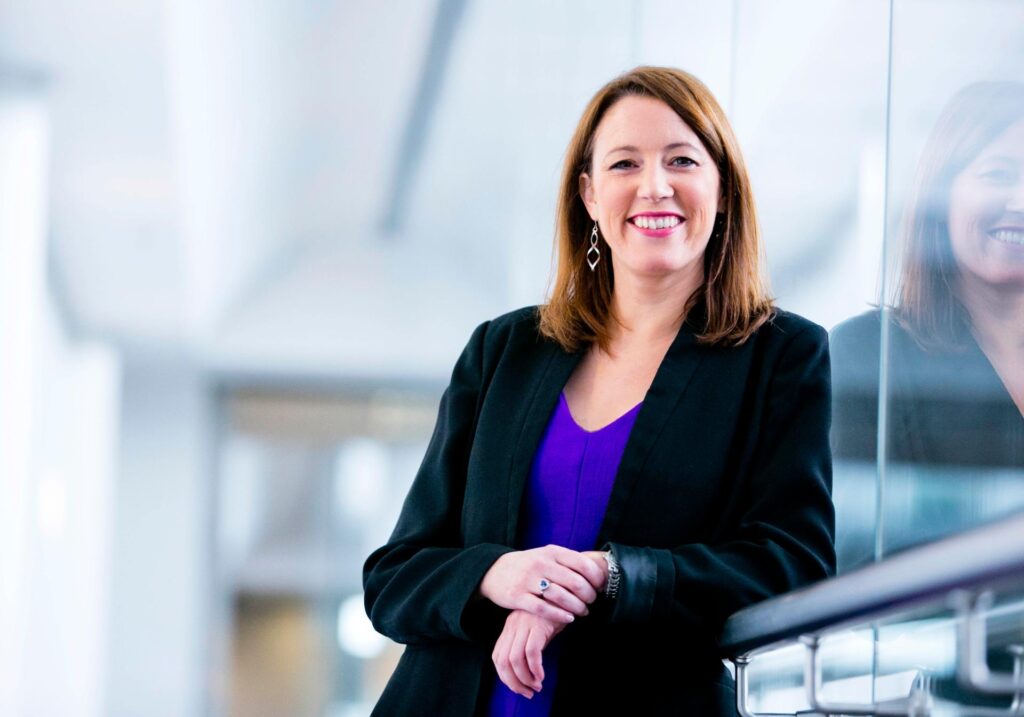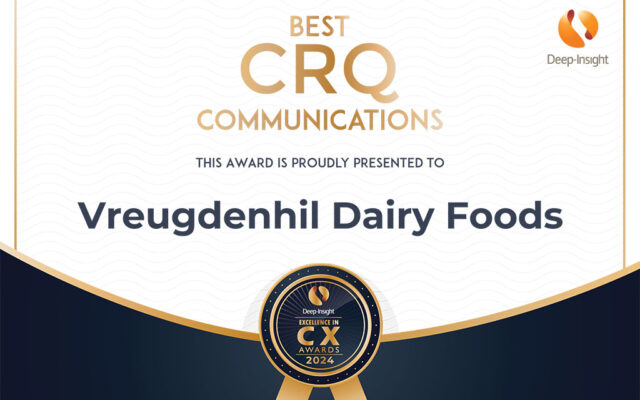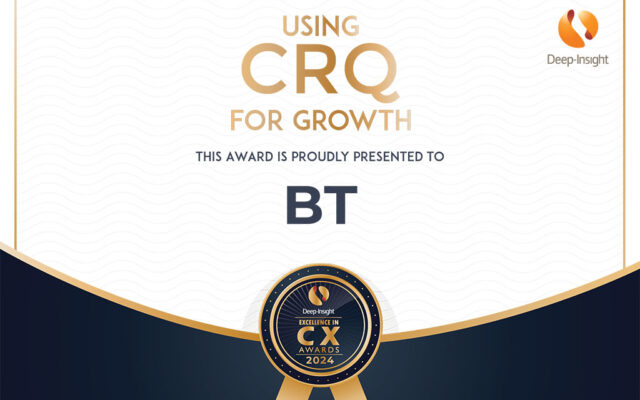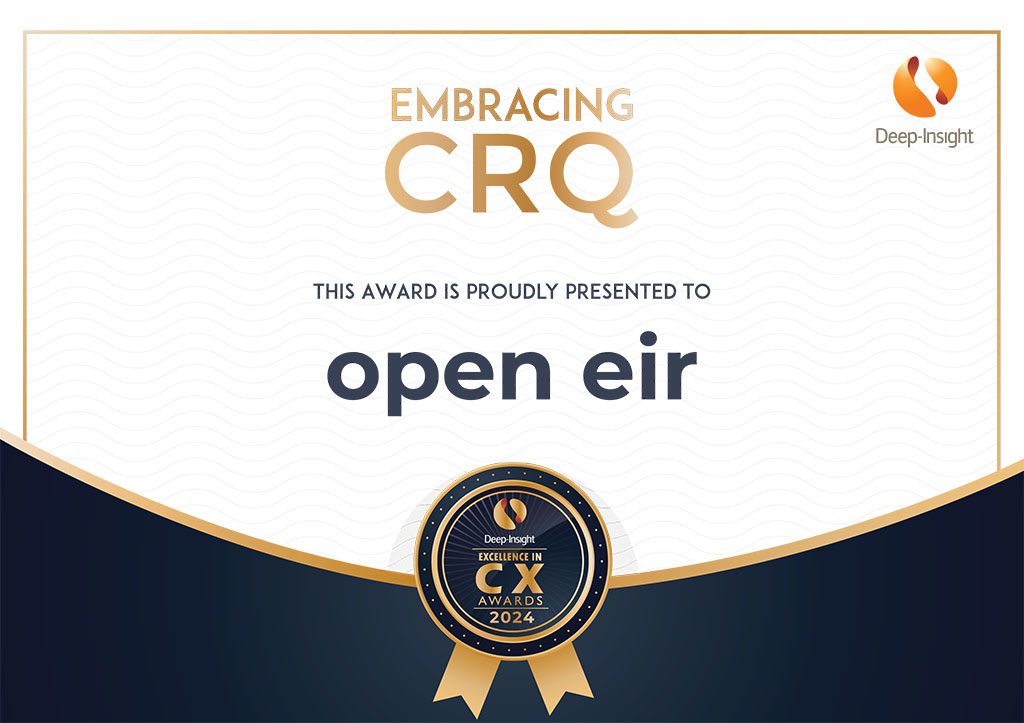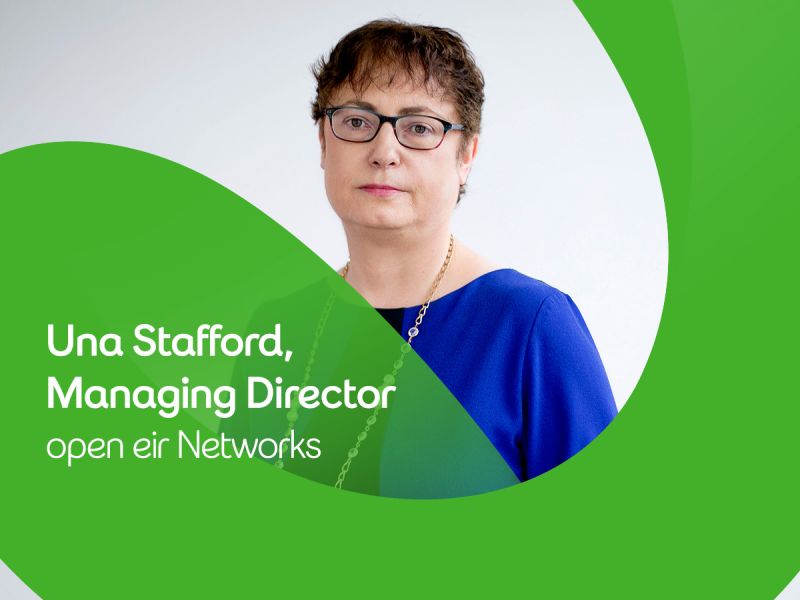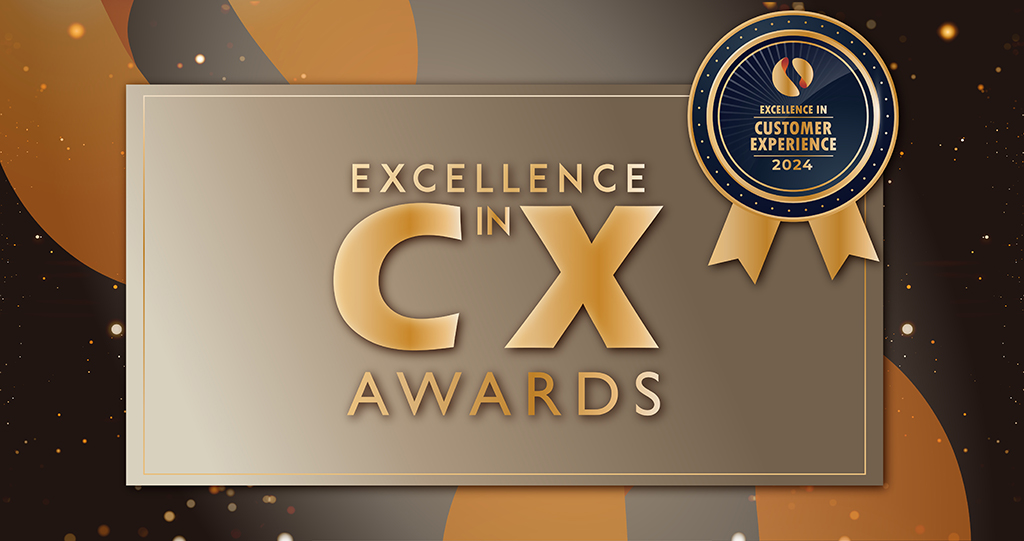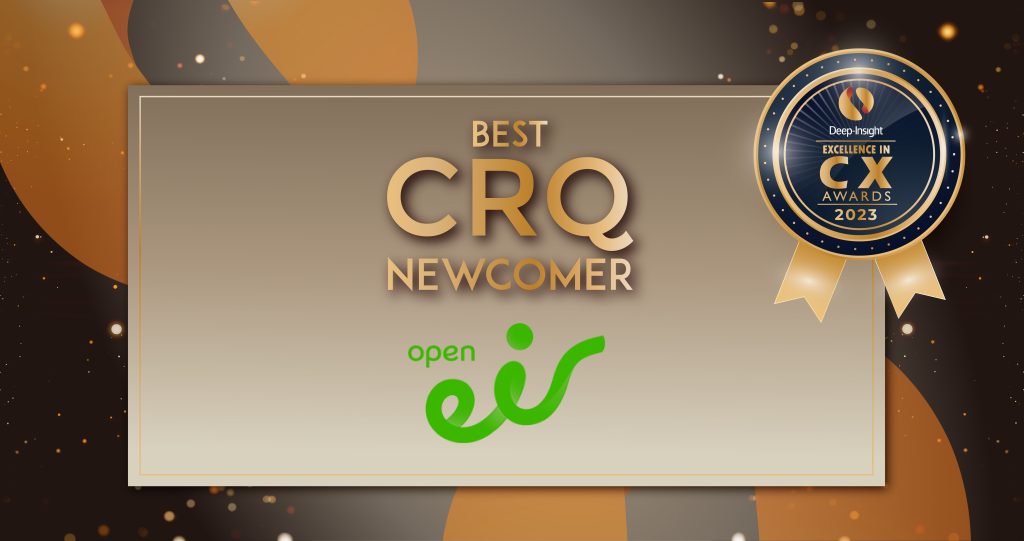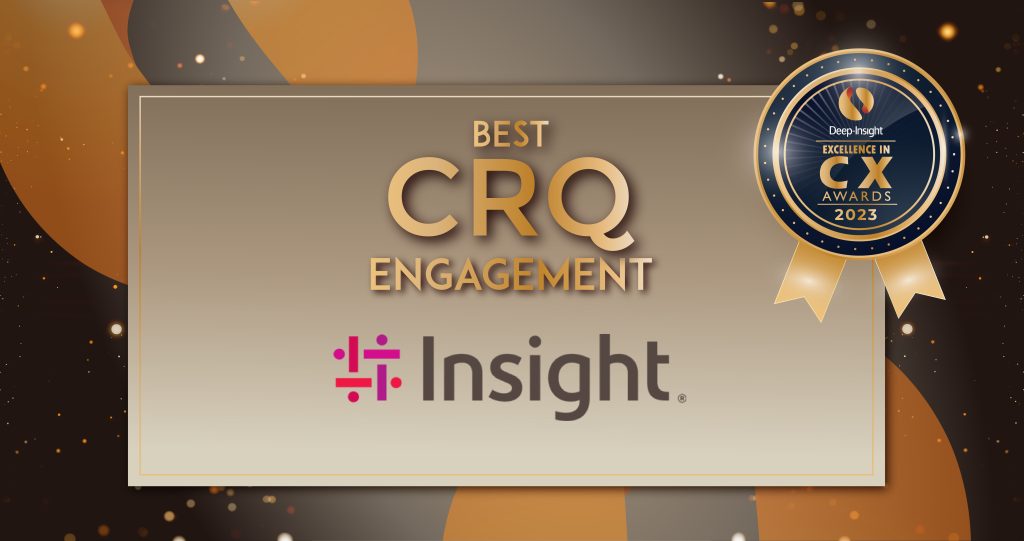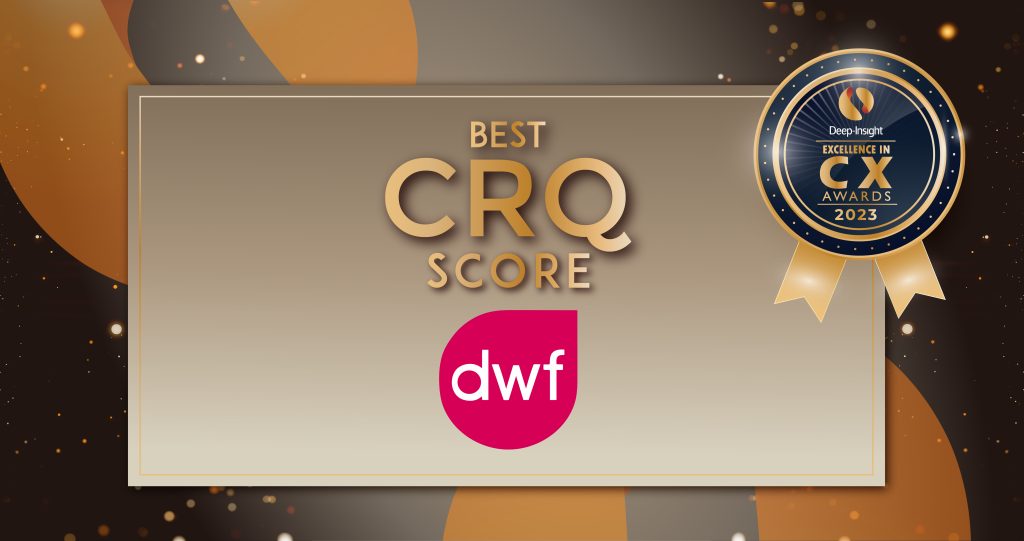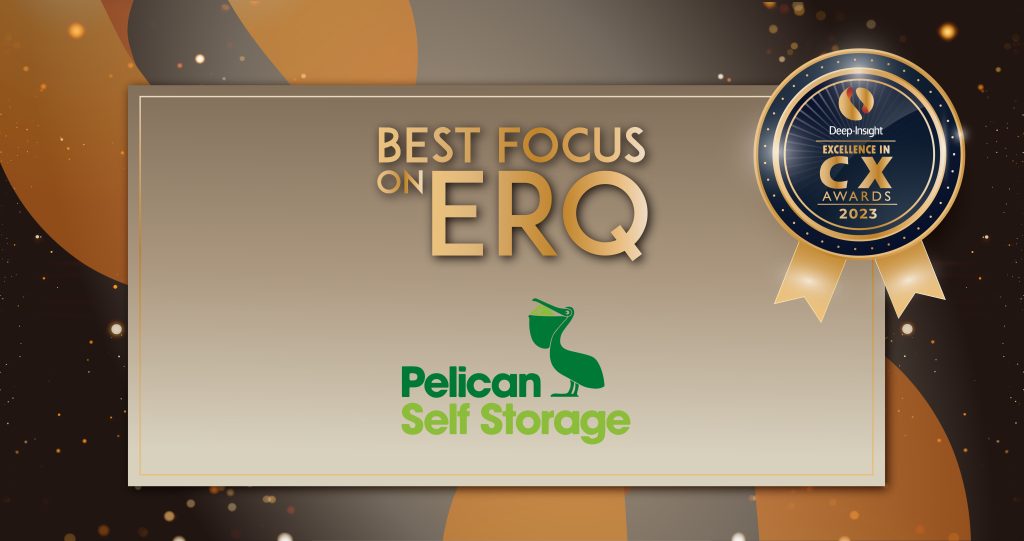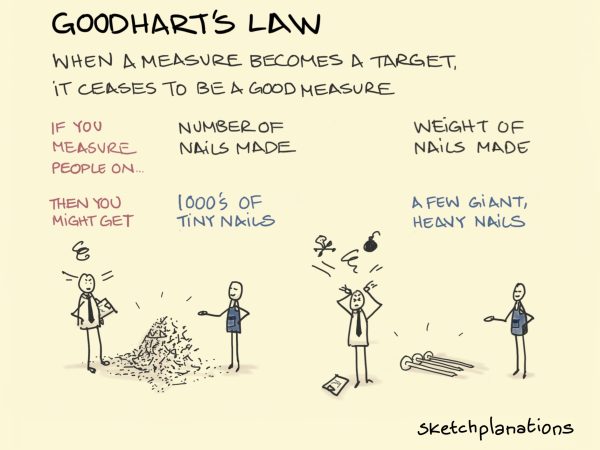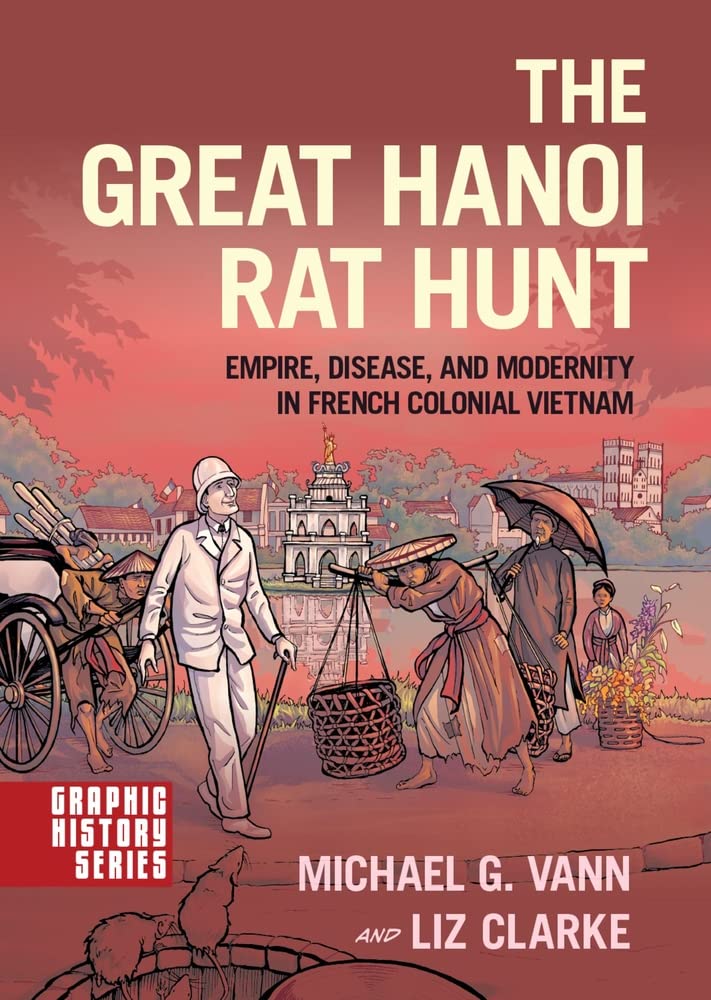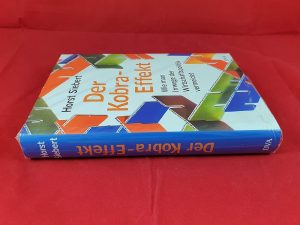It’s Hard to Please Europeans

Back to one of my pet topics: What is a ‘Good’ Net Promoter Score?
More specifically, what’s a good Net Promoter Score score for a sports team? OK, I know NPS wasn’t designed as a sporting metric but bear with me as I try to illustrate a point about how Net Promoter Score works and how NPS scores are almost always significantly lower than most people think they should be.
I first looked at NPS for sports teams way back in 2020. That year, Liverpool won the Premiership for the first and only time and did so with a Net Promoter Score of -45, based on the player ratings of the Liverpool team.
To illustrate the point this time, let’s look at the performances of two great rugby teams that battled it out in their opening match of the 2025 Six Nations rugby tournament at Dublin’s Aviva Stadium last weekend: England and Ireland.
The Irish were favourites to win. It was a home game for the 2023 and 2024 Six Nations champions, who are currently ranked #2 in the world behind South Africa. England are ranked #7 in the world – a placing they were desperate to improve upon after a poor run of form in recent years.
How did England score in NPS terms?
Based on last weekend’s performance, Steve Borthwick’s England team has a Net Promoter Score of -60.
That’s not my view. It’s based on the player ratings for the starting 15, as compiled by The Guardian’s Luke McLaughlin following their 27-22 defeat to Ireland.
Now here’s the thing. Luke is not being particularly harsh. Most English – or European – sports commentators adopt a similar approach to rating player performances.
It’s not that England were dreadful last weekend. They come strongly out of the starting blocks. Cadan Murley scored the opening try on his debut after only 10 minutes. The Irish struggled to keep England at bay and England led by 10 points to Ireland’s five at half time.
The second half was a different affair, with some commentators claiming it was one of the best 40 minutes that Ireland had played in many a year. The game was over as a contest well before the final whistle was blown. Ireland were 27-10 ahead with five minutes to go. Then England scored a couple of late tries to put a more respectable gloss on the scoreline.
NET PROMOTER SCORE
A quick recap on the NPS scoring system: Scores range from 0 to 10. 9s and 10s are Promoters. 7s and 8s are Passives. 6s and below are Detractors. The Net Promoter Score itself is the percentage of Promoters minus the percentage of Detractors. It ranges from -100 (all Detractors) to +100 (all Promoters).
Have a look at Luke McLaughlin’s player scores for England’s starting 15 in the Box below. 0% Promoters; 40% Passives; 60% Detractors. That’s how England’s -60 NPS result is calculated: 0% – 60% = -60.
The highest-scoring English players were Ollie Lawrence and Tom Curry. Both scored 8/10. In Net Promoter Score terms, not a single English player got into ‘Promoter’ territory. But that’s not how Luke’s player summaries read. He’s actually quite praiseworthy towards many of them. It’s just how us Europeans score. It’s a cultural thing.
ENGLAND PLAYER RATINGS
Freddie Steward Solid but unthreatening. He won some important aerial battles, but England’s lack of attacking spark was notable. 6
Tommy Freeman Crossed for a late try to earn a losing bonus point. Did his best with little service: England’s attack never consistently fired. 6
Ollie Lawrence Muscular carry led to the opening score and always looked a threat – extremely strong on both sides of the ball. 8
Henry Slade Classy touches all over the place in first half. Exquisite grubber to create early try for Murley a reminder of his enduring ability. 7
Cadan Murley Quickly snaffled a try on debut, but later invited pressure on teammates twice with a serious lack of composure in defence. 5
Marcus Smith Bright and breezy as usual, but not always as effective as he needs to be. Does he maximise the talents of his backline? 6
Alex Mitchell Decent kicking from hand, but fell off a tackle against James Lowe after England had worked so hard to keep the hosts out. 6
Ellis Genge Played a part in a big forward effort. Carried with purpose and added weight in defence but gave away key scrum penalty. 6
Luke Cowan-Dickie Another England forward who performed admirably in the first half, but the pack collectively ran out of steam after the break. 6
Will Stuart Unspectacular around the field but did his bit defensively and performed his scrummaging duties competently. 6
Maro Itoje Communicated well with the referee, at least early on, and brought his usual physicality but his influence waned. 6
George Martin Mostly invisible but only because he was mostly doing the dirty work where it counted. Another quality day’s graft. 7
Tom Curry Sensational turnovers seemed to justify Steve Borthwick’s back-row plans. Rarely gave his opponents time to settle. 8
Ben Curry Just like his brother, did not deserve to end up on the losing side. Hurried Ireland up at the breakdown but limited in attack. 7
Ben Earl A quality display overall. Punishing in attack and defence, ran a perfect line to capitalise on a fizzing pass from Smith. 7
The Irish performance: NPS = +7
It was an epic victory for Ireland and that second half performance was sublime. Tries from Bundee Aki, Tadhg Beirne and Dan Sheehan put the game out of England’s reach well before the end. So what was Ireland’s Net Promoter Score? Remember the maximum score is +100 so surely Ireland’s performance deserved a score of +50 or higher?
Actually, Ireland‘s NPS was a mere +7 out of 100.
So how can that be? How does a team that blew away the English in the second half only manage to get a net promoter score that’s only slightly above zero.
The answer is pretty simple. Net Promoter is an American scoring system that rates advocacy on a 0 to 10 scale and only recognises scores of 9 or 10 as excellent. Americans tend to score more positively than Europeans. Europeans – particularly northern Europeans – are particularly tough in the way they score. 9s and 10s are generally reserved for extra-special performances.
As I said, it’s a cultural thing.
Look at the player performance ratings below. Only one player, James Lowe, scored 9 out of 10 and he was the Man Of The Match according to Luke McLaughlin. Everybody else on the Irish team scored 7 or 8. In other words, 14 of Ireland’s 15 players are ‘Passives’. Their scores don’t count in the NPS calculation. No player was rated 6 or below so zero ‘Detractors’ in the Irish team.
Overall Irish NPS = 7% – 0% = +7.
IRISH PLAYER RATINGS
Hugo Keenan Exceptional covering tackle on Tommy Freeman in the first half, and joined in the attack with intelligent support lines as usual. 8
Mack Hansen Big hit on Cadan Murley in the opening seconds was impressive and he bounced back well from an early injury. 7
Garry Ringrose Kept a little quiet overall by the dynamism of England’s defence but as always a key cog in the champions’ machine. 7
Bundee Aki Quiet by his standards until a fantastic second-half finish after being fed by Prendergast, crashing past three defenders. 8
James Lowe Rock solid under an early high ball. Muscled through Mitchell to create hosts’ first try and also created key score for Beirne. 9 (man of the match)
Sam Prendergast A mixed bag. Endured a difficult first quarter but grew into the game. Missed conversions looked like they might be costly. 7
Jamison Gibson-Park A model of consistency – popped up on Lowe’s shoulder to get Ireland off the mark and typically effective elsewhere. 8
Andrew Porter Scrummaged well and is always an intimidating physical presence in the loose. Played his part in the second-half surge. 8
Rónan Kelleher Lineout functioned smoothly despite some recent concerns about the Irish set piece. Snuck over for a disallowed try. 8
Finlay Bealham Competed well in the scrum, winning a penalty from Ellis Genge, and contributed to the attack with his usual quality. 7
James Ryan The lineout went well and like the rest of the pack it was largely a different, better story for the lock after half-time. 7
Tadhg Beirne Cynical holding of Maro Itoje at a ruck led to a disallowed score. Always a massive presence and took his late try with aplomb. 8
Ryan Baird One strong carry in the first half that led to Marcus Smith’s yellow card. Grew into the match after the break like the others. 7
Josh van der Flier Slick hands, strong carrying and crushing defence. The back row is one of Ireland’s most consistent performers. 8
Caelan Doris Perhaps upstaged by the Curry twins in the early part of the game but grew into it along with the rest of his teammates. 7
The average B2B Net Promoter Score in Europe is not much above zero
Let’s get back to my main point here.
Many B2B companies claim very high Net Promoter Scores. +50. Maybe +70. Maybe higher. The reality is quite different. We have been measuring NPS for B2B companies for over 20 years and based on our database of results, we can confidentially say that an average NPS result for a Northern European B2B company is barely above zero.
Close to half of all European B2B companies will have negative NPS scores. Rarely will they score greater than +50. That’s a truly exceptional performance.
So if you’re about to measure your NPS performance in 2025, don’t set your expectations too high. And don’t believe everything you read on the Internet!
UPDATE (9 FEB 2025): Ireland score another 7 NPS points against Scotland
Week 2 of the Six Nations championship saw Ireland travel to Murrayfield in Scotland, while England hosted France at Twickenham.
The Irish stormed to a 32-18 victory after Scotland lost a couple of players early on (including their mercurial captain Finn Russell) following a nasty clash of heads. The English stormed back to a rousing 26-25 victory over Les Bleus with a last-minute try in what was an extraordinary match.
The NPS scores told a different story.
Ireland repeated its +7 performance when Jamison Gibson-Park received a 9/10 player rating from Johnny Watterson at the Irish Times. (The Guardian failed to provide ratings for me to share!). Every other Irish player was rated 7/10 or 8/10 and as we now know, ‘Passive’ scores don’t count in the net promoter score calculation. One ‘Promoter’ of of 15 = 7% hence the +7 NPS score for Ireland.
Gerard Meagher from the Guardian did provide player ratings for both England and France. England had three ‘Detractors’ (Marcus Smith, Luke Cowan-Dickie and George Martin), nine ‘Passives’ and three ‘Promoters’ (Fin Smith, Tom Curry and Ben Earl all received 9/10 player ratings) so the overall England NPS score was exactly zero, as the number of ‘Promoters’ equalled the number of ‘Detractors’.
The French, on the other hand, ended up with a -80 NPS performance. 12 out of the starting 15 received player ratings of 6/10 or less (‘Detractors’) and there were three ‘Passives’ and zero ‘Promoters’. Even the dazzling Louis Bielle-Biarrey could only manage a 7/10 player rating. With 80% of the team identified as ‘Detractors’ and zero ‘Promoters’, France’s NPS score was -80.
Europeans are genuinely very hard to please!

